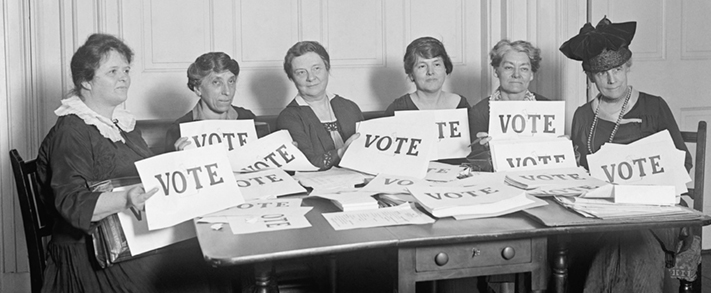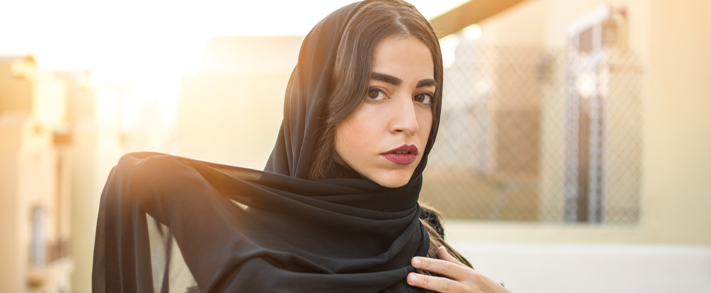
The status of women in society has been and still is an issue in many countries across the world.
Whilst many in the western world believe themselves to be more enlightened about the rights of women, there is still inequality throughout society on the basis of sex.
From sexism in the workplace to unequal amounts of pay in the City, women still face obstacles to success because of their sex in modern Britain.
Women in History

In past centuries the only women who wielded significant power over men were royalty, where monarchs such as Queen Elizabeth I controlling great armies and navies.
Over time the role of women in society has changed with many more women in modern times becoming increasingly involved in the world of politics and therefore having more power to promote the rights of women.
New Zealand was the first country to give women the vote in 1893, with the vast majority of countries around the world following suit at various points during the 20th century.
Women in the 20th Century

Women in Britain were given the vote in 1918 after the famous campaigning of Emmeline Pankhurst and the suffragettes, who demanded that women be able to vote.
During the 1960s in the U.S., the famous civil rights movement was accompanied by a growing feminist movement that challenged sexism in society.
As the 20th century continued women came into positions of power more often.
Margaret Thatcher became the UK’S first female Prime Minister in 1979, whilst Hillary Clinton came close to winning the Democratic nomination for President of the United States in 2008.
Angela Merkel is another example of a woman in a position of great power. The German chancellor is in charge of Europe’s largest economy and is a very prominent figure in European politics.
Modern Womens’ Issues

These women are all examples of the progress that has been made in terms of the perception of women and their ability to do the same job as a man.
Although there is still progress to be made, their personal success provides society with strong role models for young women to follow.
This kind of progress is not uniform across the world and there are some countries such as Saudi Arabia where women still cannot vote.
In recent years there has been a lot of debate over the treatment of women in Islamic countries and amongst groups practising their religion in Britain.
Strict rules regarding how women dress, how a husband treats his wife, and whether women can be educated contrast with the relatively liberal values of many in Western Europe, and this leads some people to view Islamic culture as sexist.
However, regardless of the way in which women are treated in different cultures and religions around the world, it is certainly not the case that women are always treated equally in Britain.
The place of women both at home and in the workplace has changed over the years and is still evolving.
Women in modern Britain are arguably more educated, wealthier and more in control of their lives than ever before, and because of this, it is easy for some to forget the complexity of the issues that concern women in the UK.